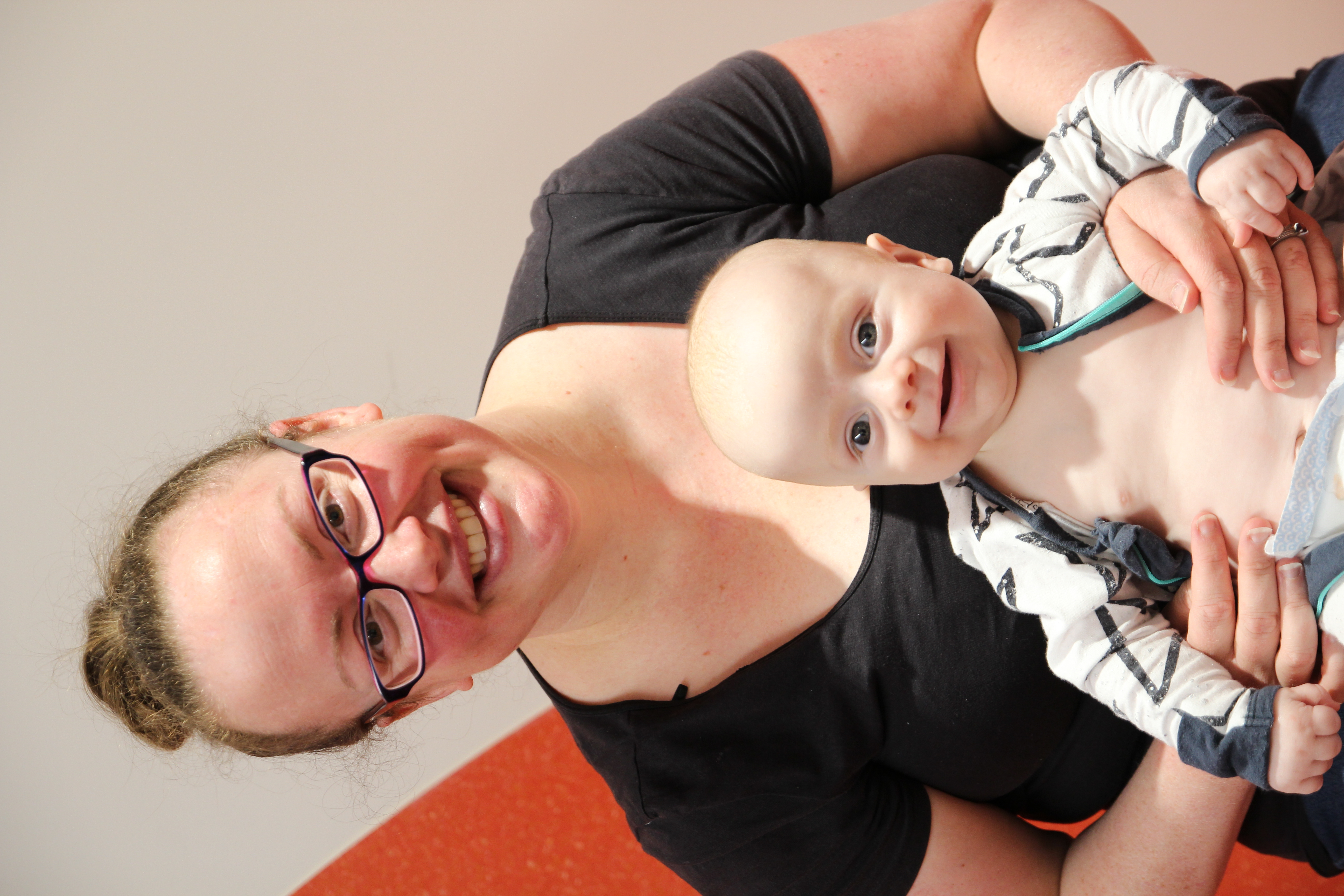Respiratory Syncytial Virus (RSV) is one of the most common reasons babies are admitted to hospital and can lead to severe complications such as bronchiolitis and pneumonia in babies and young children and there is currently no approved vaccine to prevent RSV or medication to treat it.
After two decades of research at Telethon Kid Institute, we are very excited to be just months away from world-first immunisations providing protection against deadly RSV. This has been made possible by the families who have given up their time to be involved in our RSV studies over the years and we are incredibly grateful for their support.
Our recent studies that have played a major role in the new immunisation developments include:
Melody Study
The Melody Study evulated the use of a medication called Nirsevimab, which was developed to provide protection against RSV via monoclonal antibodies. After a year-long COVID-19 delay, we commenced the Melody Study in April 2021 We enrolled 13 families here in Perth, alongside 160 recruitment sites across the globe, and all of our participants have now completed their study visits.
 Jess and George Fitzpatrick - our very first Melody Study participants
Jess and George Fitzpatrick - our very first Melody Study participants
Early results released in October 2022 have demonstrated that Nirsevimab can provide protection against the virus and suggests that this protection lasts beyond 150 days (about five months), which was the duration of protection first hoped for. Nirsevimab has now been licensed for use in Europe in 2023 for all babies ahead of their first RSV (winter) season, and we look forward to its introduction in Australia in the near future.
A big thank you goes out to our dedicated Melody families - your involvement and many others in our previous studies are making real-world changes to protect childen against this life-threatening virus.
MATISSE Study
The MATISSE Study investigated a maternal vaccine against RSV, where a mother is given the vaccine in pregnancy so that protective antibodies can pass to the developing baby and protect them against infection once they are born.
Our recruitment for this global study has now been completed, with 12 families now finishing their study visits. Early results were announced last month and were very positive - showing an 81.8% reduction in severe infection due to RSV at day 90 in babies born to vaccinated mothers. The maternal vaccine is well tolerated with no safety concerns for mothers or infants, and has now been submitted to the FDA for licensing approval.
